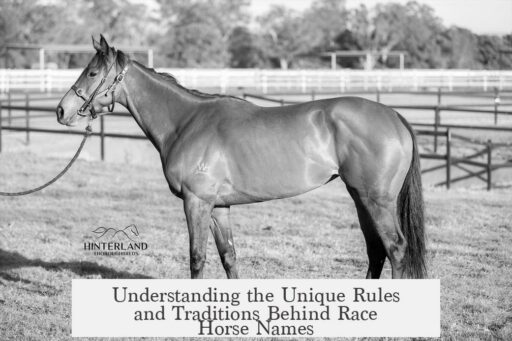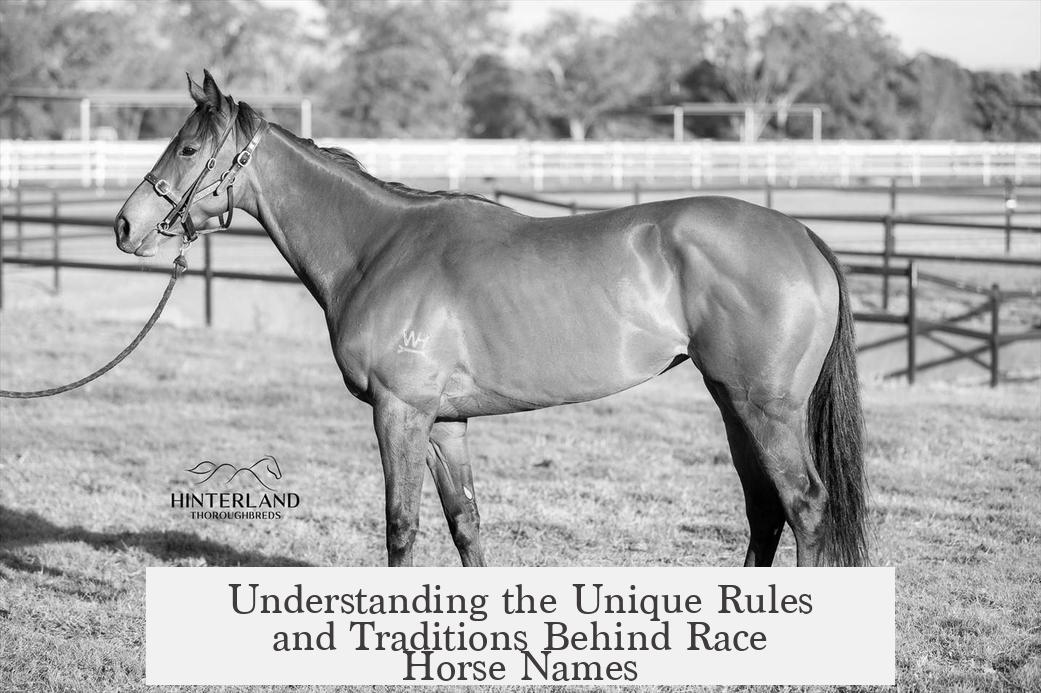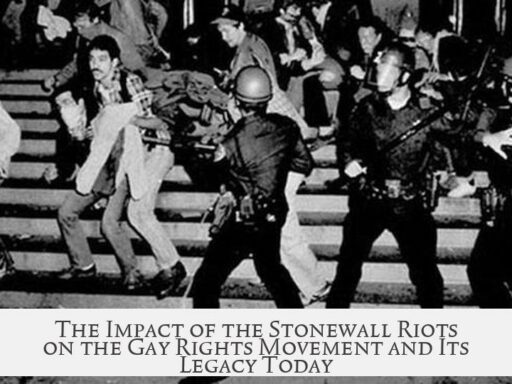Race horse names follow strict rules set by The Jockey Club, the official registry for Thoroughbreds, shaping their unusual and unique nature. Owners must submit several name options for approval. The name must be unique within the registry and contain fewer than 18 characters. It cannot use only numbers, initials, or profanity. Names of living people and anything offensive are also prohibited.
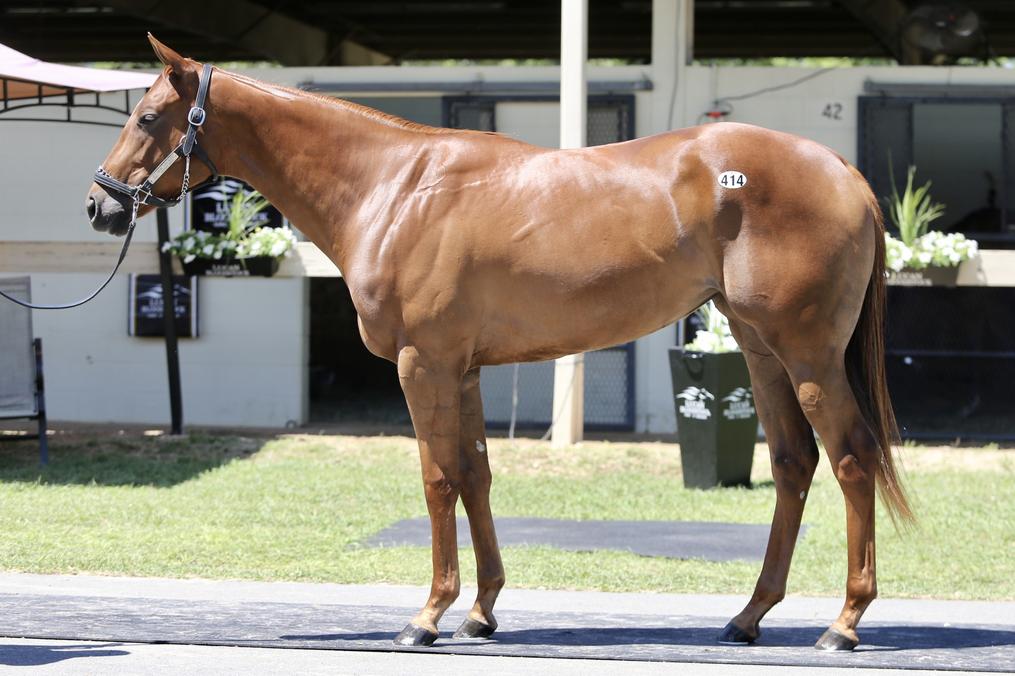
This tight framework limits choices and often produces unusual names. Owners frequently try to reference the horse’s pedigree in the name. This blend of creativity and regulation results in the quirky and distinct names seen in racing.
The Jockey Club’s control ensures clarity in identifying horses and avoids confusion during races and breeding. These guidelines contrast with casual or backyard horses, which often have simpler nicknames or “barn names.”
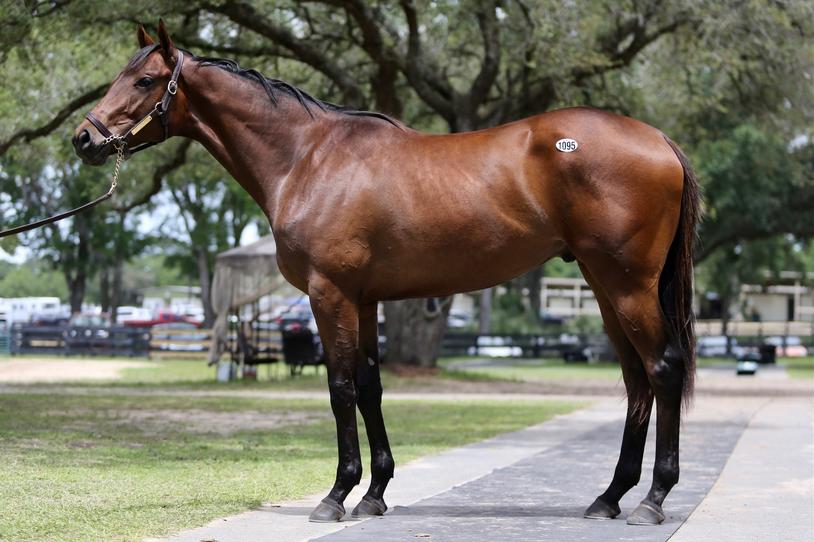
“Barn names” serve as everyday, informal nicknames. They may or may not relate to the horse’s registered name. Some owners pick easy, short names for convenience. For example, a horse registered as “Midnight Star” might simply be called “Star” in the barn.
Each horse breed might have different naming rules or traditions. Thoroughbreds adhere to The Jockey Club standards, but other breeds may be more flexible or follow regional customs. This variety adds to the richness of horse naming practices.
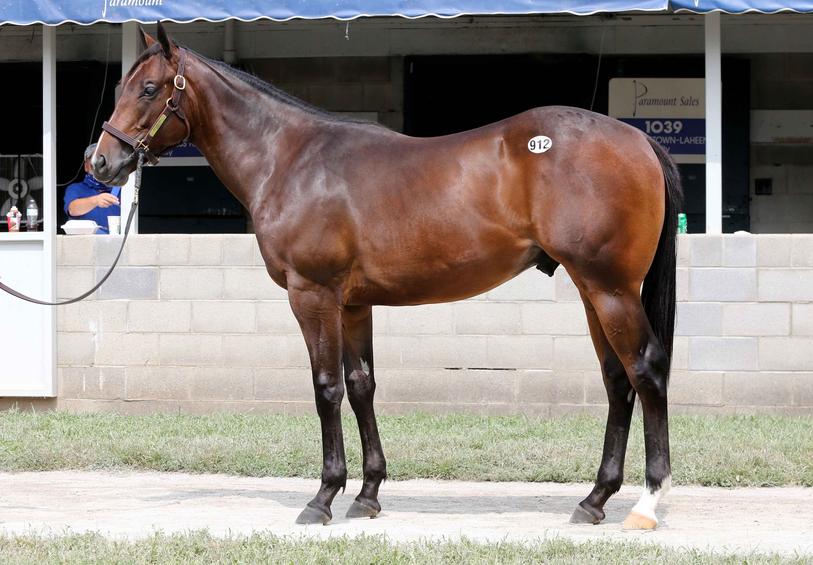
In summary, race horse names are carefully controlled to maintain uniqueness and appropriateness. Owners blend pedigree themes and creativity within these rules. Meanwhile, barn names offer a casual alternative inside stables.
- The Jockey Club sets strict, detailed naming rules for Thoroughbreds.
- Names must be unique, under 18 characters, and avoid prohibited terms.
- Owners submit several names; the Club approves final selection.
- Names often reference pedigree, leading to unusual choices.
- Barn names act as informal nicknames and need not match registered names.
- Naming rules and traditions vary among different horse breeds.
What’s up with Race Horse Names?
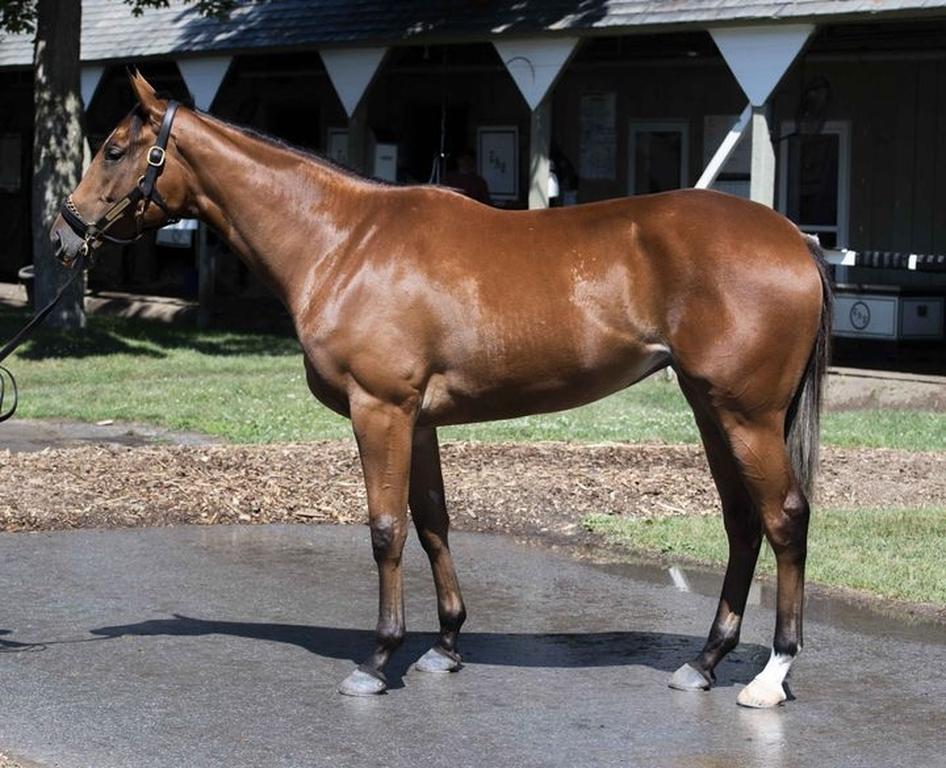
Race horse names are often strange, creative, and sometimes downright baffling due to strict rules set by The Jockey Club—the official registry for Thoroughbreds, which controls what names get approved when a horse is registered. But why is that? Let’s unravel the mystery behind those quirky monikers sprinting around the track.
Imagine naming your shiny new racehorse. You want something catchy, unique, and maybe a little flashy for the winning announcements. But here’s the kicker: The Jockey Club lays down some serious rules. You can’t pick a name that’s already taken, longer than 18 characters, just numbers, or initials alone. They prohibit profanity, names of living people, or anything offensive to any group. In other words, no funny business.

So, if you want to register your horse’s name, you have to submit several options. Why? Because The Jockey Club has the final say on approval. Owners often run into dead ends as many good ideas are rejected, pushing them into the corners of creativity. The result? Horses named things like “Midnight Mystery” or “Velvet Rebel” but also names that might leave you scratching your head.
And there’s more: many owners try to sneak in clues about their horse’s pedigree in the name. For example, a foal born to a sire named “Thunderbolt” and dam named “Silver Ray” might become “Thunder Ray” or “Silver Bolt.” This tradition creates a special lineage story but can also produce unusual names that seem like a word puzzle.
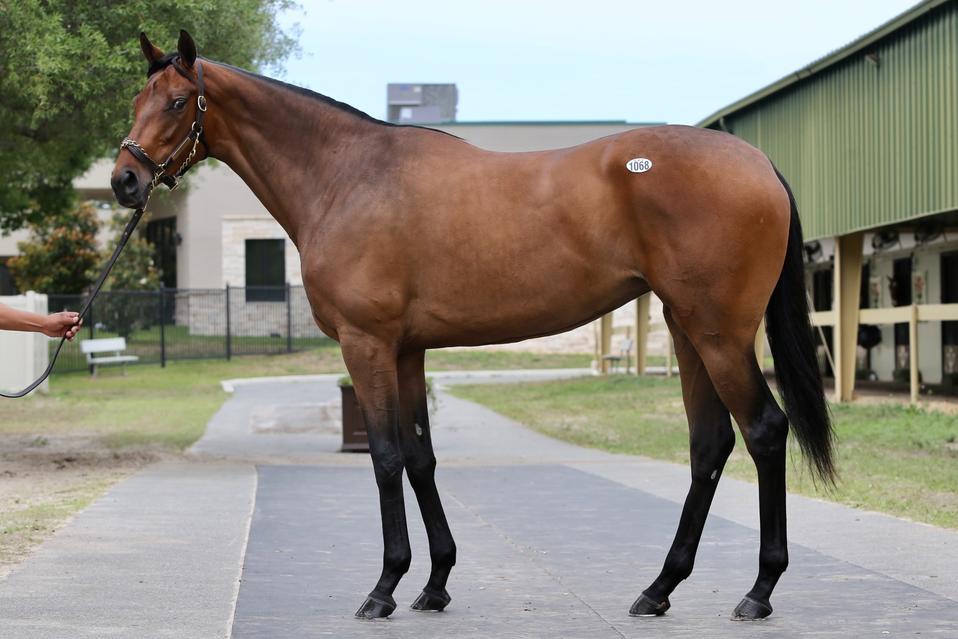
Why All the Rules?
At first glance, the restrictions might feel like a party pooper’s chant. But consider this: The Thoroughbred registry holds nearly 300,000 names. Without precise rules, confusion is a footrace waiting to happen. Duplicate names could create disorder in race records, betting slips, and breeding paperwork.
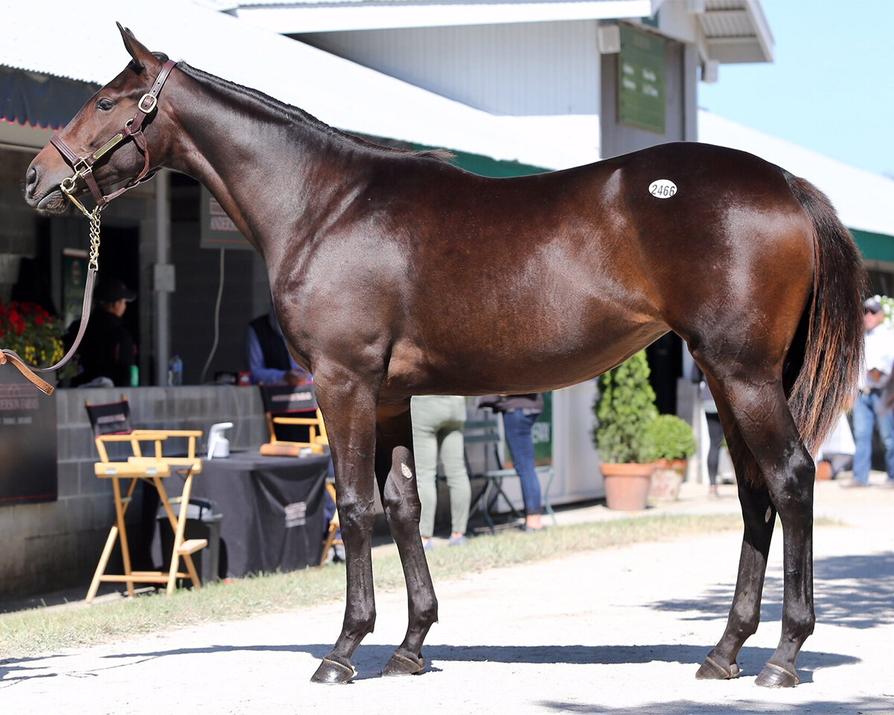
The 18-character limit? It’s practical. Imagine seeing “SirLightningFastSupremeChampion123” on the race card. Blegh. Shorter names are easier for media, fans, and officials.
Also, avoiding names of living people helps prevent legal headaches. No one wants a lawsuit because their name got trampled across race tracks.
What About the Barn Names?
Here’s a fun twist: The registered name isn’t always the name the horse answers to in the barn. Many horses get what’s called a “barn name” or “stable name.” It’s basically a nickname for daily life with the groom or jockey. It can be related to their registered name, or totally random.
For instance, I have three horses. None of their barn names remotely resemble their official registered names. One is “Mr. Bolt” off the track, but officially registered as “Silver Lightning.” Another, “Sassy,” is listed as “Velvet Echo.” The barn name is all about ease and personality, making it friendlier to call out in the stables.
Why have a barn name at all? Well, racehorses hear their barn names daily. The quick, sharp calls work better than long formal names. Plus, barn names create bonds between humans and horses. Trainers and grooms often recall the horse’s temperament, habits, and stories tied to that nickname.
Different Breeds, Different Traditions
Here’s a nugget many may overlook: Not all horses carry the same naming traditions. Thoroughbreds follow The Jockey Club guidelines, but other breeds have different rules or none at all.
Ponies, draft horses, and show horses might be named more freely or according to breed-specific customs. Some breeds embrace themes, such as colors, origins, or family lines, while others leave naming entirely to owner whims. These traditions shape the culture of equestrian communities and help link horses within their breeds.
Why Do Names Matter?
Beyond rules, naming a racehorse impacts marketing, legacy, and even fate in some folks’ eyes. A snappy, memorable name can help a horse gain fans, endorsements, and breeding value after retirement. Meanwhile, odd names sometimes become iconic, like “Secretariat” or “Man o’ War,” famous for years beyond their victories.
Still, naming can feel like a balancing act. You want something unique but not weird, meaningful but not complicated. The process itself reveals how much care goes into these athletes before they even touch the track.
So What’s the Deal With Those Weird Names?
In summary, The Jockey Club molds the shape of race horse names with strict rules that prevent duplicates, long names, and off-color words. Owners try to honor lineage in the name, but the restrictions force creativity. The result? Some dazzling, oddball, and intriguing names that stand out in the crowd.
At the same time, the barn names soften the formality, creating a more personal connection. Each horse’s name—official and unofficial—tells part of its story. From registered entries to nicknames in the barn, naming is a mix of tradition, rulebooks, and a dash of whimsy.
Got a Favorite Racehorse Name?
Next time you watch a thrilling race, glance at the race card and marvel at those names. Maybe you’ll spot a clever pun, a nod to lineage, or an oddly charming title that sticks in your memory. What’s the weirdest or coolest racehorse name you’ve come across? Share below!
Naming a racehorse isn’t just a formality; it’s a glimpse into the culture, history, and spirit of the sport. It reminds us that every champion starts with a unique identity, even before the gates open.
